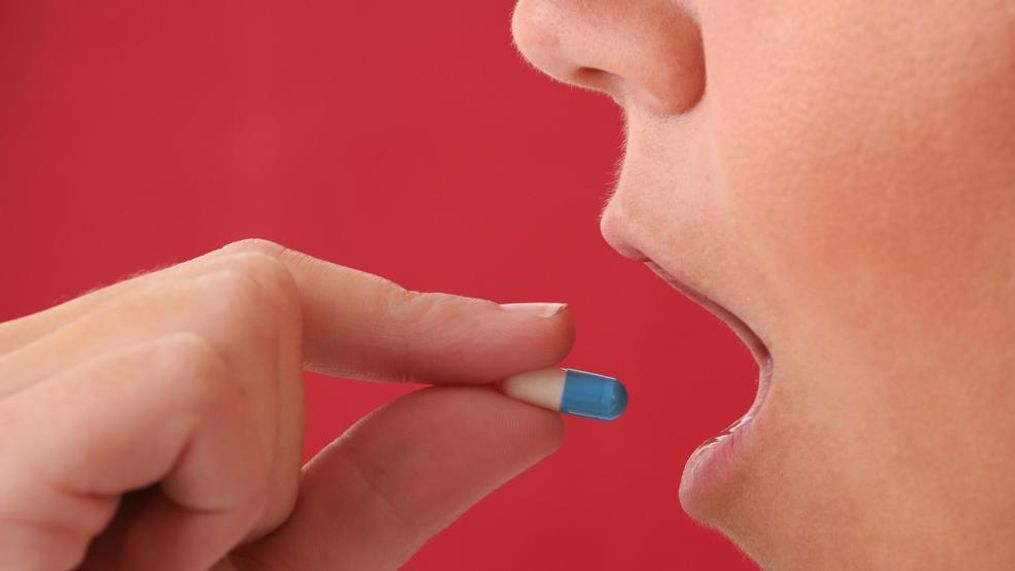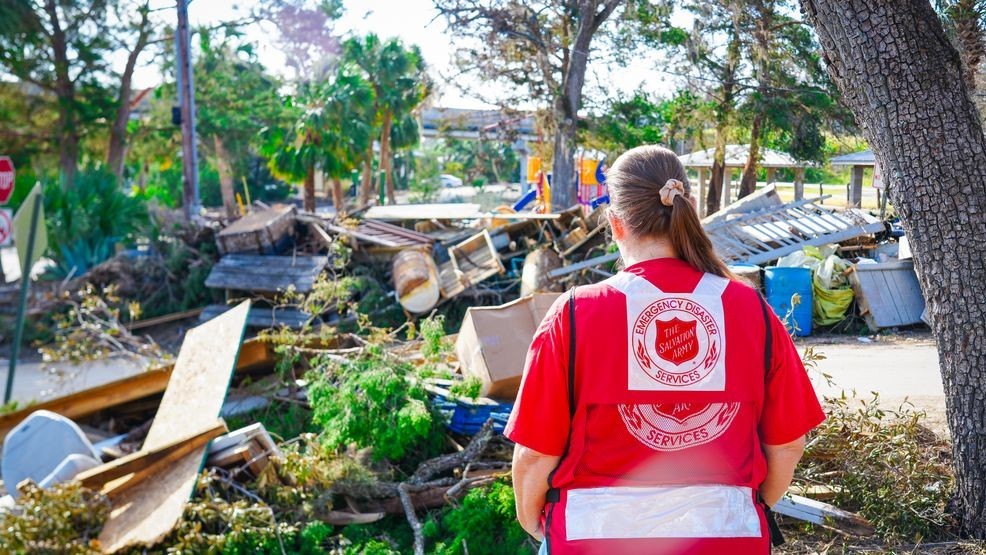Edible sunscreen is a thing. Here's why you should avoid it.

It’s hard to rub sunscreen on every single part of your body. And the spray SPF always results in weird, uneven streaks of sunburn. So, sunscreen pills, which claim to offer full-body coverage and defense against both UVA and UVB rays, sound like a total skin-saver, right?
Wrong.
The Food and Drug Administration (FDA) recently released a statement saying that these edible products are “misleading consumers and putting people at risk.”
One popular brand of edible sunscreen, Sunsafe Rx, claims to have ingredients that protect your skin and eyes from the sun. According to their website, “Sunsafe Rx uses specific ingredients, isolated from foods and plants, which extensive scientific research shows can promote your skin’s natural defenses against UV rays. These powerful antioxidants help your body quench free radicals created by ultraviolet radiation before they can do extensive damage.”
The FDA wants people to know that a dietary supplement can’t prevent sunburn, reduce early skin aging caused by the sun, or protect from the risks of skin cancer. A dietary supplement is exactly what it implies: something to supplement your usual diet or skincare routine. By only taking this supplement and not applying physical sunscreen, you are not protected from harmful UV rays.
A few companies were called out in the press release for giving people a “false sense of security” and have all been instructed to review and revise their product’s claims.
The press release stated, “we sent warning letters to companies illegally marketing pills and capsules labeled as dietary supplements that make unproven drug claims about protecting consumers from the harms that come from sun exposure without meeting the FDA’s standards for safety and effectiveness.
“These companies marketing products called Advanced Skin Brightening Formula, Sunsafe Rx, Solaricare, and Sunergetic are putting people’s health at risk by giving consumers a false sense of security that a dietary supplement could prevent sunburn, reduce early skin aging caused by the sun, or protect from the risks of skin cancer. These companies were instructed to correct all violations associated with their products and were advised to review product websites and product labeling to ensure that the claims they are making don’t violate federal law.”
Legitimate sunscreens come as lotions, creams, sticks, and sprays. The American Academy of Dermatology wants you to get the most bang for your buck. Before purchasing, make sure the label on your sunscreen says:
- Broad spectrum: This means the sunscreen can protect your skin from both UVA and UVB rays.
- SPF 30 or higher: You’ll get the best coverage with a higher SPF.
- Water resistant: You don’t want your sunscreen to melt off when you’re in the water or sweating on the beach!
Apply at least one ounce of sunscreen (the amount you can hold in your palm) on all exposed areas of the body at least every two hours to remain protected from sun damage.
Sinclair Broadcast Group is committed to the health and well-being of our viewers, which is why we initiated Sinclair Cares. Every month we’ll bring you information about the “Cause of the Month,” including topical information, education, awareness, and prevention. July is UV Awareness Month.













